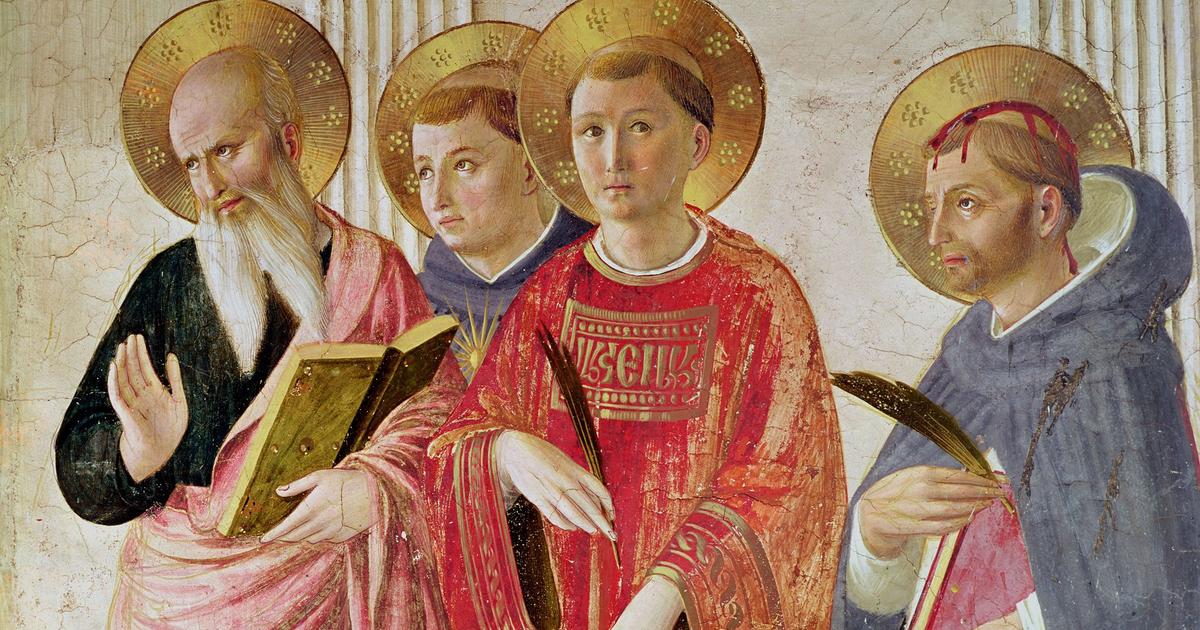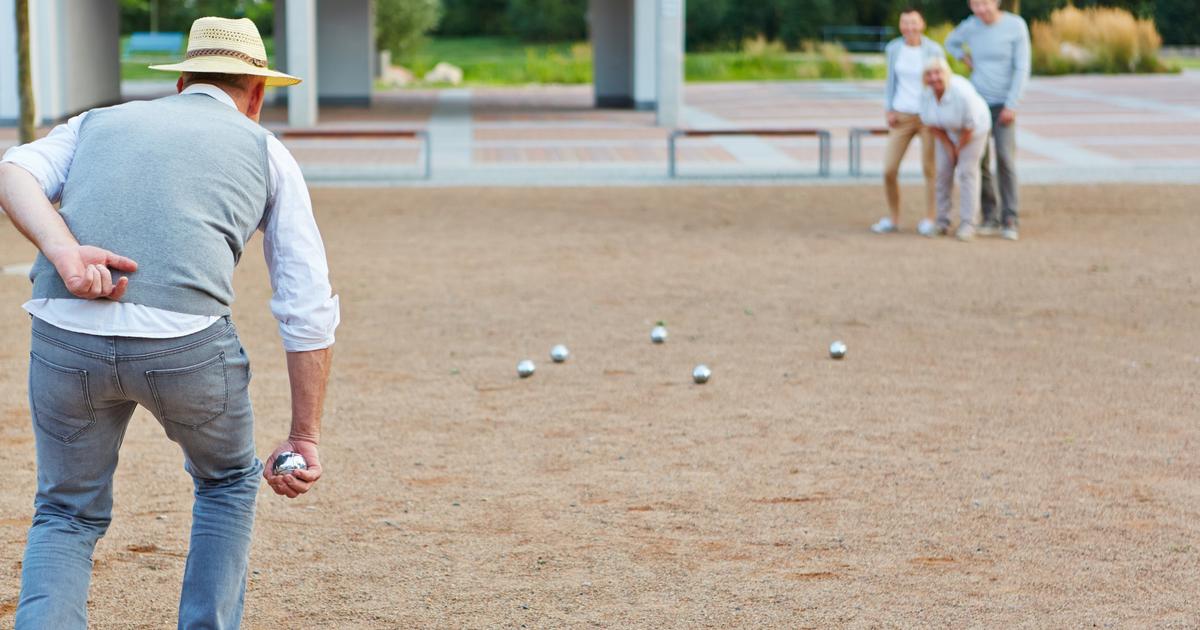Which saint to turn to in order to find its origin?
The question arises when certain expressions are used.
"Touching the finger", for example, draws its source from the behavior of Saint Thomas faced with the announcement of the resurrection.
Sometimes acclaimed, sometimes obsolete, the life and work of the saints determine the origin of our most charming twists.
Small anthology.
• To be in the odor of holiness
Let's start with the most famous of all.
Who has never trembled at the idea of not being in the odor of sanctity with their employer?
If today the expression designates the fact of attracting the good graces of someone, to be in the odor of holiness meant previously that it was possible for a deceased to be canonized, this because of the sweet odor emanating of his remains.
As Gilles Henry reminds us in his
Little Dictionary of Expressions Born in History
(Tallandier), the bodies of Saints Philippe de Néri and Thérèse of Avila had the particularity of giving off a pleasant scent long after their death.
Read also
But why are we talking about “Pentecost”?
• Behave like Saint Thomas
Only believe what you see.
If the expression is well known to skeptics, its origin is not so much.
Denis Moreau, in his book
No one is a prophet in his country.
These gospel words at the origins of our colloquial expressions
(Threshold), tell us that it comes to us from the Bible.
As the news of Christ's resurrection was announced, Saint Thomas let it be known that he could not believe it without having first seen the mark of the nails in the palm of Jesus' hands.
A few days later, Christ visits his disciples and shows his hands to Thomas who touches them and admits the resurrection.
• The cavalry of Saint George
After having served in the Roman army, Saint George died as a martyr around 303. Patron saint of horsemen, it is in his name that the knights of the British Isles take the oath in particular.
England;
who later depicts him on his banknotes, riding his beautiful white horse;
does not hesitate to monetize his victories over the adversary.
By extension, the Cavalry of St. George now qualifies as "the fraudulent use of mutual banking effects discounted on a banker".
• Find your way to Damascus
Give up on your ideas to choose to take a new path.
It is to the episode of Paul's conversion, recorded in the New Testament, that we owe this expression.
The road to Damascus refers to the road on which Paul of Tarsus, then sent to Damascus to persecute Christians, saw Christ appear to him.
A meeting that upset the destiny of the claimed, converted apostle.
• Being a butt-Mathieu
"We are asked not to slam the apostle," wrote Alphonse Allais.
And for good reason, to spank Mathieu once meant "to lend to usury".
Saint Matthew is one of the twelve apostles, the first of the four evangelists.
He was a tax collector for the Romans, a profession despised by the Jews, before converting and being martyred, robbed.
In the 17th century, "beating Matthew on the buttocks" was tantamount to extracting money from someone.
The expression now qualifies a loan shark, and by extension any avaricious person.













